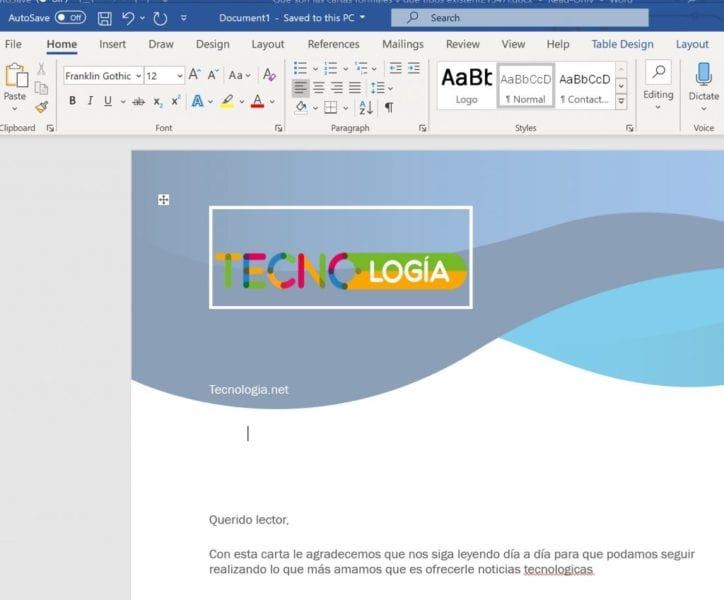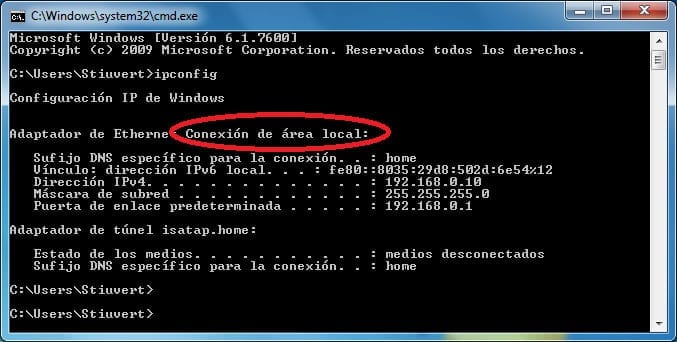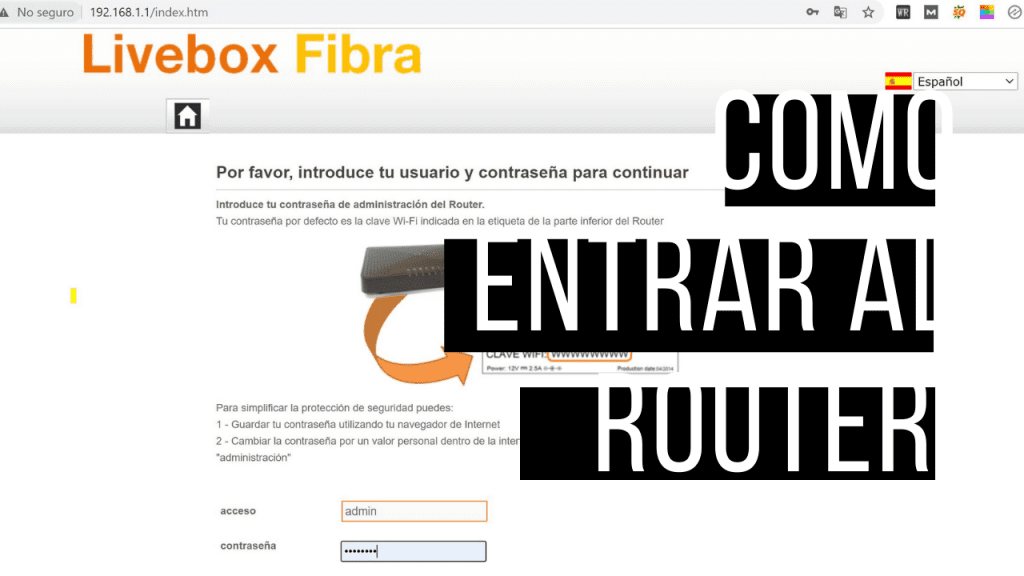There are different types of formal letters, which are aimed at presenting writings adapted to any professional and legal field, so we must start by learning what are formal letters, what is its usefulness and of course we will discover some of the main types of cards that we should know.
What are formal letters and what are they for?
Formal letters can cover a very wide field ranging from opinion letters to acceptance letters, letters of intent and other main types that we will learn about a little later.
From a general perspective, formal letters are a type of letter that aims to send a text or document that will be mainly related to the business, political, institutional, labor, academic or financial field.
Through this type of text, a request, claim, recommendation, thank you, resignation is presented or even information considered relevant to a specific interest is provided within the fields mentioned above.
We must keep in mind that, in order for it to be relevant, it is very important that we take care of the text, offering a good structure and writing that is understandable and well schematized, helping the recipient to efficiently understand everything we are trying to convey through her.
Here it is very important to carry out a complete review to help correct spelling errors, avoid repeating ideas and in general offer a clean and easily understandable text.
Main types of formal letters
The scope of formal letters is very extensive, although from a general perspective, we can understand 11 main types, which are:
- Formal communicative letters: These are letters that aim to communicate a specific concept, whether it is an idea, a thank you, transmitting a call, disseminating concepts, a notice letter, and any other that seeks to make an important communication.
- Formal letters of acceptance: This is a type of letter that conveys acceptance of a specific aspect such as a contract, a position, a project, a scholarship, etc.
- Formal letters of authorization: It is used to communicate a specific authorization, for example to get a vaccine, banking procedures, authorization in research, use of images and texts, signing documents and other related things.
- Formal confirmation letters: They are designed to present a specific confirmation, for example for something we have received, a reservation at a restaurant or hotel, job, proposal, etc.
- Formal dismissal letters: This type of letter is designed to communicate the dismissal within the workplace for different reasons ranging from not passing the trial period to justified or unjustified dismissals and even dismissals due to staff reduction.
- Formal business letters: This field is truly broad, since they are letters that allow everything from rejecting a commercial proposal to apologizing to a client, offering guarantees, requesting catalogs and in general any type of letter related to the company.
- Formal letters of receipt: confirm the receipt of an asset that will generally be money, whether it be a salary, a settlement, a specific merchandise, a check or any other related item.
- Formal letters of complaint: designed to file a claim or complaint for any reason and within any area, whether personal or work-related.
- Formal letters of recommendation: letter through which a recommendation is made, whether of a person, business, product or any other.
- Formal resignation letters: through it a resignation is shown, which for example could be for a job, a proposal or any proposal that cannot be accepted and for which there must be an express resignation.
- Formal sales letters: This type of letter is oriented to the scope of the sale, including everything from stocks to vehicles, homes, products, items, services and any other.
Depending on the type of formal letter that we want to write, we must study the structure and characteristics well, thus managing to transmit the idea efficiently and achieve greater interest on the part of the recipient.

Expert in SEO/SEM and communication on social networks.
CEO at tecnologia.net and passionate about everything related to technological progress






